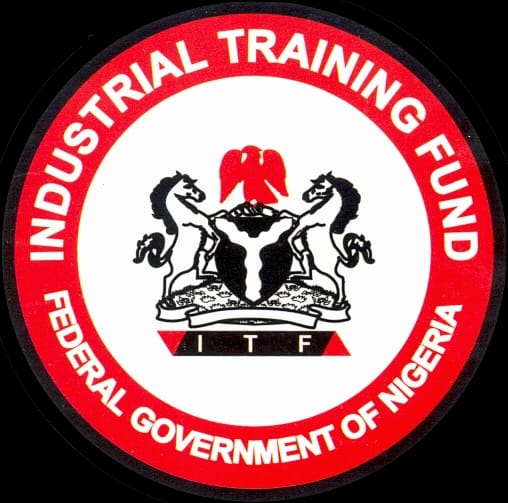The Industrial Training Fund (ITF) has officially ended the distribution of starter packs to its training programme graduates, introducing global certification in its place to enhance the professionalism and global employability of Nigerian artisans.
Announcing the shift in Abuja, ITF director-general Dr. Afiz Oluwatoyin Ogun said the move aligns Nigeria’s skill development efforts with international standards.
“Rather than handing out starter packs, we are exposing our artisans to certification from both local and international awarding bodies,” Ogun stated. “This will certify them as fit for both local and global markets.”
The change comes as ITF prepares to launch Phase II of the Skills-Upgrading and Professional Advancement (SUPA) programme, targeting the graduation of 100,000 artisans from a pool of over 700,000 registrants and 29,000 past participants.
To support this expansion, the number of accredited training centres will rise from 880 to 1,500—at least two per local government area. The assessment of centres is based on infrastructure, instructor qualifications, and overall structure, with centres ranked into three tiers: A, B, and C.
Over 3,000 instructors have already undergone “train-the-trainer” programmes, and ITF is designing support systems for equipment and financing to help training centres meet expectations.
“We aim to train two million artisans annually,” Ogun said. “This will require collaboration with 10,000 private training centres to build a robust skills ecosystem.”
Phase II of SUPA will also feature training in soft skills, such as Project Management, Ethics, and Industrial Health & Safety. The Chartered Institute of Project Management of Nigeria (CIPMN) will supervise certifications for project management modules.
The eight-week training will be followed by Phase III, focusing on technical mastery—70% practical, 30% theory—and entrepreneurship.
Ogun emphasized that this strategy is critical for fighting quackery, youth restiveness, and unemployment while supporting Nigeria’s broader industrial development goals.
He thanked President Bola Tinubu and key ministries for their support, as well as private sector partners including the Manufacturers Association of Nigeria (MAN) and Nigeria Employers’ Consultative Association (NECA).
“We are confident that the impact of the programme will soon be visible nationwide through better skilled workmen,” Ogun added.




